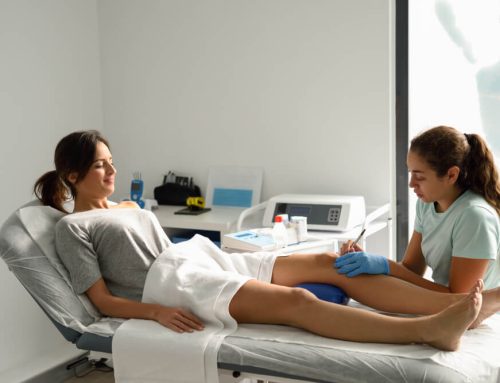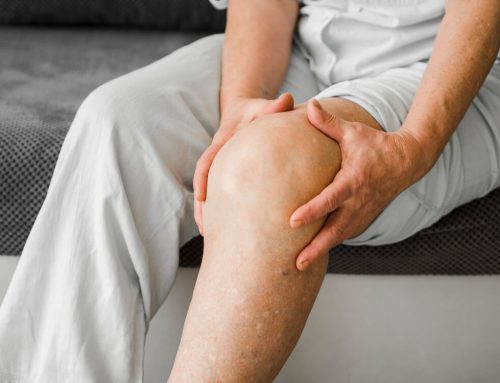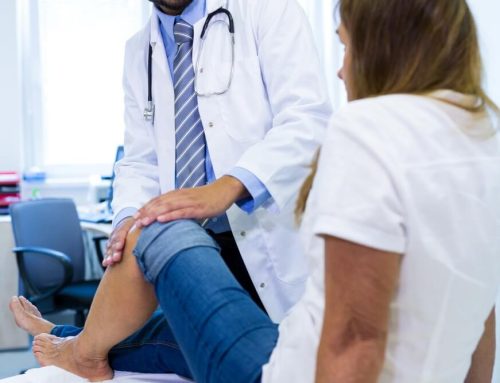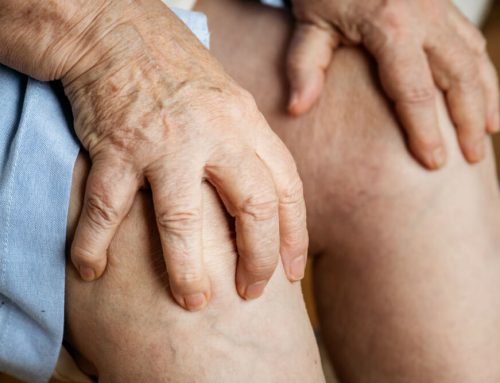
Natural Ways to Prevent Varicose Veins
Varicose veins are a common vascular issue that can affect anyone, causing discomfort and aesthetic concerns. While some risk factors, such as genetics and age, are beyond our control, there are natural methods you can incorporate into your daily life to help prevent varicose veins. In this comprehensive guide, presented by Vascular Surgery Medical Group, we will explore these natural approaches, providing you with valuable insights into maintaining healthy veins.
Understanding Varicose Veins
Before delving into prevention methods, it’s essential to understand what varicose veins are and why they occur. Varicose veins are enlarged, twisted veins, most often found in the legs. They develop when the valves within the veins become weak or damaged, leading to the pooling of blood and the characteristic bulging appearance.
Risk Factors for Varicose Veins:
Varicose veins are a prevalent vascular condition, and several factors can contribute to their development. Understanding these risk factors is crucial in taking proactive steps to prevent varicose veins. Here, we will delve into each of these risk factors in greater detail:
- Family History: One of the most significant risk factors for varicose veins is a family history of the condition. If your parents or grandparents had varicose veins, you may be genetically predisposed to develop them as well. While you cannot change your genetic makeup, being aware of your family history can prompt you to adopt preventive measures early on.
- Age (Increased Risk with Aging): Varicose veins become more common as you age. The wear and tear on your veins over the years can lead to weakened valves and increased susceptibility to varicose veins. While aging is a risk factor you cannot control, you can focus on preventive measures to reduce your risk, especially if you have other risk factors.
- Gender (More Common in Women): Varicose veins are more prevalent in women than in men, primarily due to hormonal changes that occur during pregnancy and menopause. Female hormones can weaken vein walls and valves, making women more susceptible to vein issues. While this factor is not within your control, women can take steps to minimize other risk factors and manage vein health.
- Prolonged Standing or Sitting: Occupations or activities that require long periods of standing or sitting can increase the risk of varicose veins. When you are in a static position for extended periods, it can hinder proper blood circulation in the legs, potentially leading to the development of varicose veins. To mitigate this risk, take breaks to walk around, stretch your legs, and change your position regularly.
- Obesity: Excess body weight places additional pressure on the veins in your legs. This added pressure makes it more challenging for the veins to efficiently transport blood back to the heart. Maintaining a healthy weight through a balanced diet and regular exercise can alleviate this risk factor.
- Pregnancy: Pregnancy is a temporary risk factor for varicose veins, primarily due to the increased pressure on the pelvic and leg veins as the uterus expands. Hormonal changes during pregnancy also contribute to vein dilation. While you cannot control pregnancy-related risk factors, you can follow preventive measures during pregnancy and after childbirth to minimize the risk of varicose veins.
- Hormonal Changes: Hormonal fluctuations, whether due to pregnancy, menopause, or hormonal therapy, can weaken vein walls and valves. Estrogen, in particular, can contribute to vein dilation. While you may not have control over hormonal changes related to menopause or certain medical conditions, it is essential to be aware of their potential impact on your vein health and take preventive measures accordingly.
Incorporating natural prevention strategies into your daily routine, as discussed earlier, can help mitigate these risk factors and promote healthy veins. Additionally, consulting a vascular specialist at Vascular Surgery Medical Group can provide personalized guidance.
Natural Prevention Strategies
- Regular Exercise: Engaging in regular physical activity is one of the most effective ways to improve blood circulation in your legs. Activities like walking, cycling, and swimming can help strengthen the leg muscles, supporting better blood flow and reducing the risk of varicose veins.
- Maintain a Healthy Weight: Excess body weight places added pressure on the veins in your legs, making it harder for them to function properly. Maintaining a healthy weight through a balanced diet and regular exercise can alleviate this pressure.
- Elevate Your Legs: Elevating your legs periodically throughout the day, especially if you have a job that requires prolonged sitting or standing, can help reduce swelling and promote healthy blood circulation.
- Stay Hydrated: Proper hydration is essential for maintaining healthy blood flow. Drinking an adequate amount of water can prevent blood from thickening and clotting, reducing the risk of vein issues.
- Dietary Choices: Incorporate foods rich in antioxidants, such as fruits and vegetables, into your diet. Antioxidants help protect blood vessels from damage and support overall vascular health.
- Avoid Tight Clothing: Wearing tight clothing, particularly around the waist and groin, can restrict blood flow. Opt for loose-fitting, comfortable attire to promote healthy circulation.
- Leg Exercises: Incorporate simple leg exercises into your routine, such as ankle circles and leg lifts. These exercises can help improve muscle tone and circulation in the legs.
- Compression Stockings: Consider wearing compression stockings if you are at high risk for varicose veins or already have them. These specially designed stockings provide graduated pressure on the legs, helping to prevent blood from pooling.
- Avoid Prolonged Sitting or Standing: If your job involves long periods of sitting or standing, take short breaks to walk around and stretch your legs. Changing your position regularly can prevent blood from stagnating in the veins.
Consulting a Vascular Specialist
While these natural prevention methods can significantly reduce the risk of varicose veins, it’s essential to consult a vascular specialist if you have a family history of the condition or are experiencing symptoms. Vascular Surgery Medical Group offers expert care and can provide personalized guidance on maintaining healthy veins. By combining natural prevention strategies with professional advice, you can take proactive steps to ensure your vascular health and enjoy a life free from the discomfort of varicose veins.




